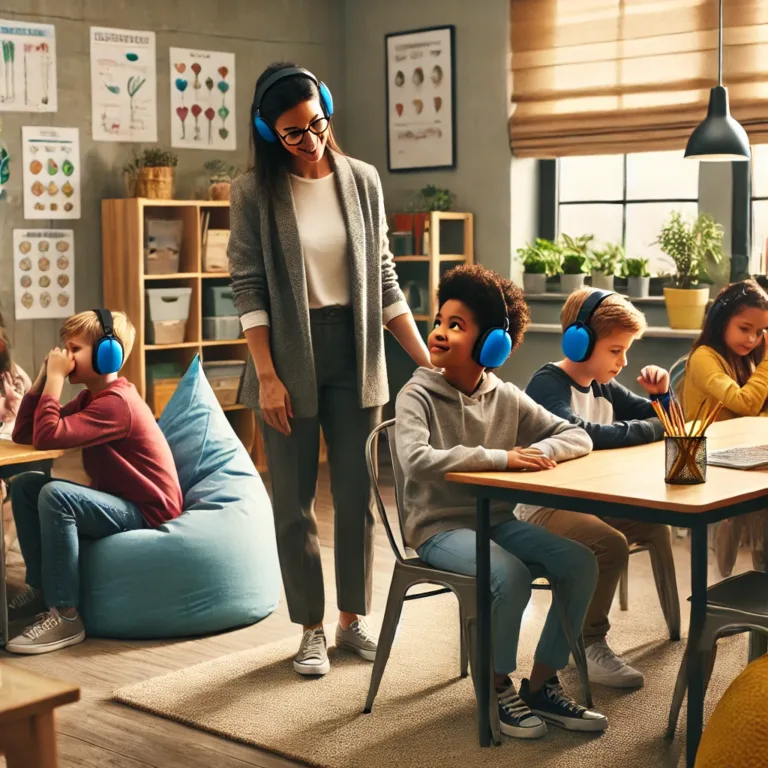No products in the cart.
Homeschooling While Traveling Full-Time and Its Positive Impact on Mental Health
For families who choose to homeschool while traveling full-time, the world becomes their classroom. This unique lifestyle offers a blend of education and adventure that can significantly benefit a child’s mental health. By combining flexible learning with the enriching experiences of travel, homeschooling on the road can foster resilience, creativity, and a deep connection with family. Here’s how this approach positively impacts mental well-being.
Flexible Learning Environment
One of the greatest advantages of homeschooling while traveling is the flexibility it offers. Traditional school schedules can be rigid and stressful for some children, especially those who struggle with anxiety or learning differences. On the road, education can be tailored to each child’s needs and learning style. This personalized approach reduces stress and allows children to learn at their own pace, enhancing their self-confidence and love of learning.
Real-World Learning Experiences
Traveling full-time provides endless opportunities for real-world learning. History lessons come to life when visiting historical sites, and science is made tangible through exploring natural wonders. These hands-on experiences are not only more engaging than textbook learning but also help children retain information better. The excitement of discovering new places and cultures can spark curiosity and creativity, contributing to a child’s overall mental well-being.
Strengthening Family Bonds
Homeschooling while traveling naturally involves spending a lot of time together as a family. This close-knit lifestyle fosters strong family bonds, providing children with a sense of security and support. Regular family interactions help children feel valued and understood, which is crucial for their mental health. The shared experiences and challenges of life on the road also teach important life skills, such as teamwork, communication, and problem-solving.
Reducing Social Pressure
Traditional schooling environments can sometimes be a source of stress due to social pressures, such as bullying or peer comparison. Homeschooling on the road allows children to develop at their own pace, free from the social anxieties that can arise in a classroom setting. This environment promotes self-acceptance and confidence, as children can focus on their strengths without the distractions of social competition.
Encouraging Independence and Resilience
Traveling full-time requires adaptability and problem-solving, skills that are invaluable for mental health. Children who homeschool on the road learn to navigate new environments, face challenges, and adapt to changing circumstances. These experiences build resilience and independence, qualities that help children manage stress and approach life’s challenges with confidence.
Opportunities for Socialization
While some may worry that homeschooling while traveling could limit social interactions, there are ample opportunities for children to socialize. Many traveling families connect with other homeschoolers on the road, forming tight-knit communities. Additionally, children often interact with locals and other travelers, learning to communicate across cultures and form meaningful connections with a diverse range of people.
Conclusion
Homeschooling while traveling full-time offers a unique educational experience that can greatly benefit a child’s mental health. The flexible learning environment, real-world experiences, strong family bonds, and development of independence and resilience contribute to a well-rounded and mentally healthy upbringing. For families seeking a balanced and enriching lifestyle, homeschooling on the road can be a rewarding choice that nurtures both the mind and spirit.
Sources
- National Home Education Research Institute (NHERI)
- Child Mind Institute
- American Psychological Association (APA)



